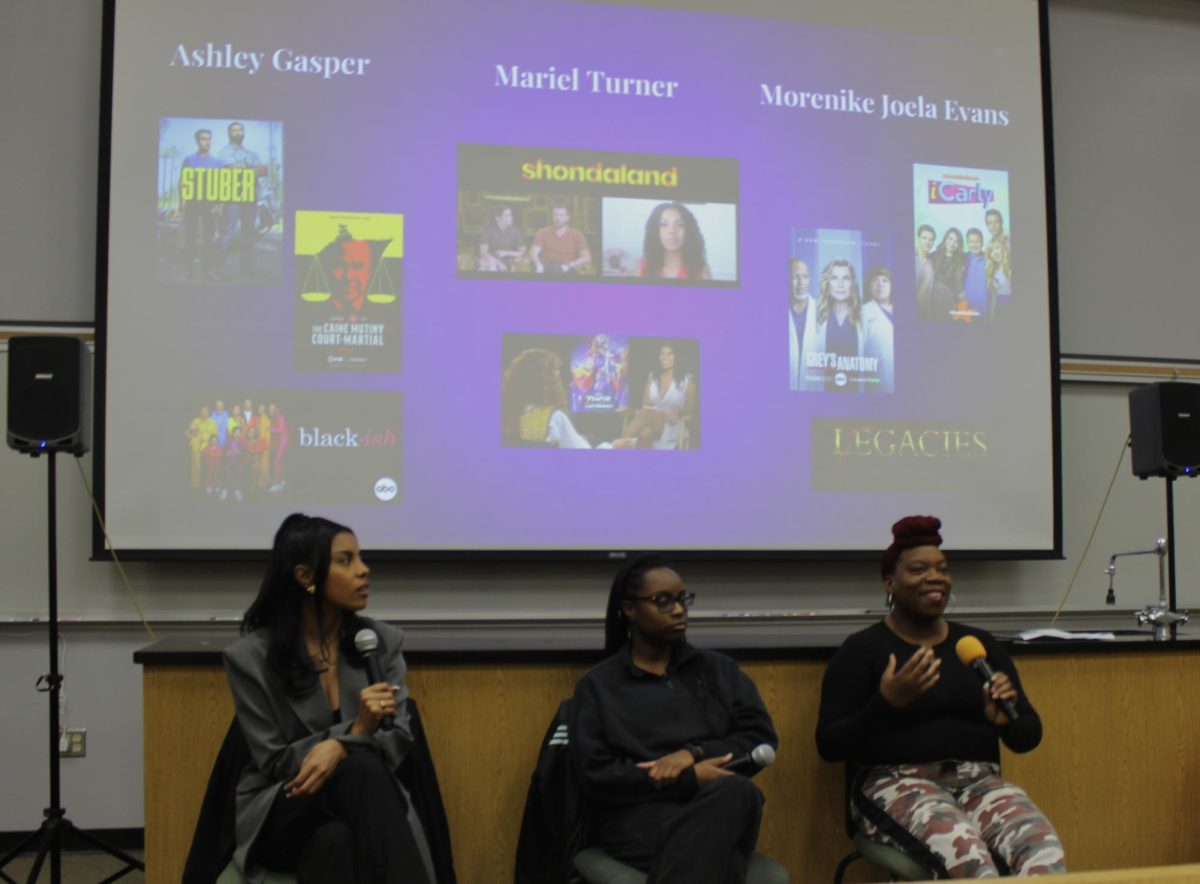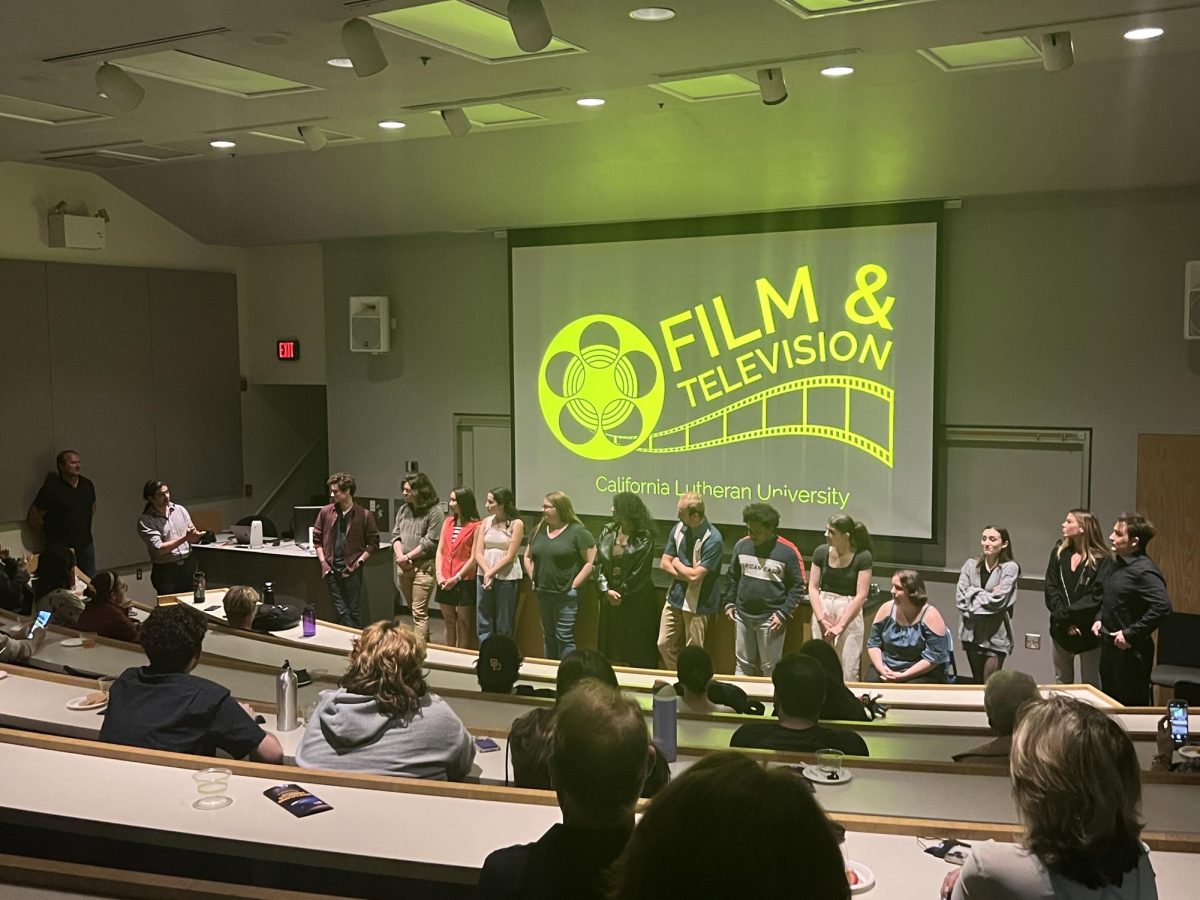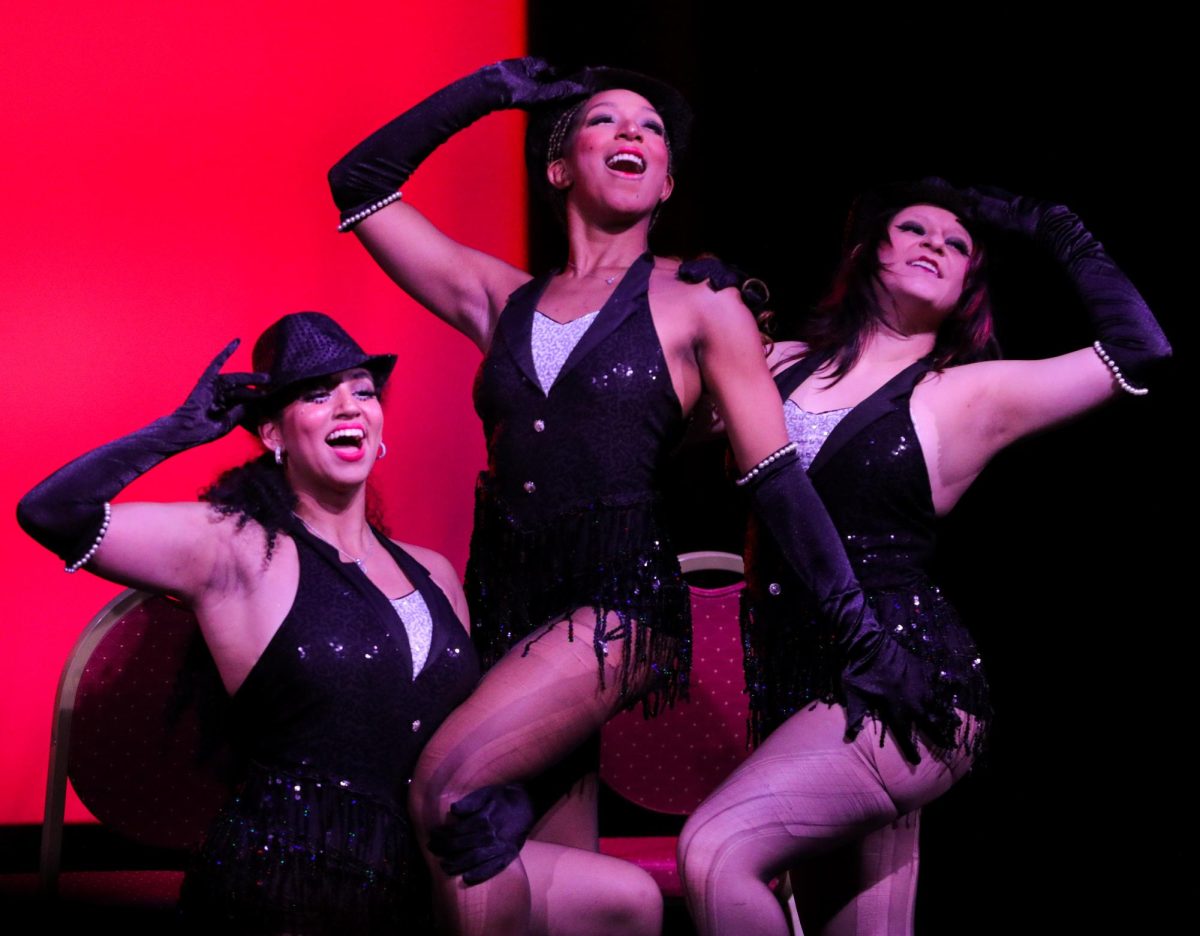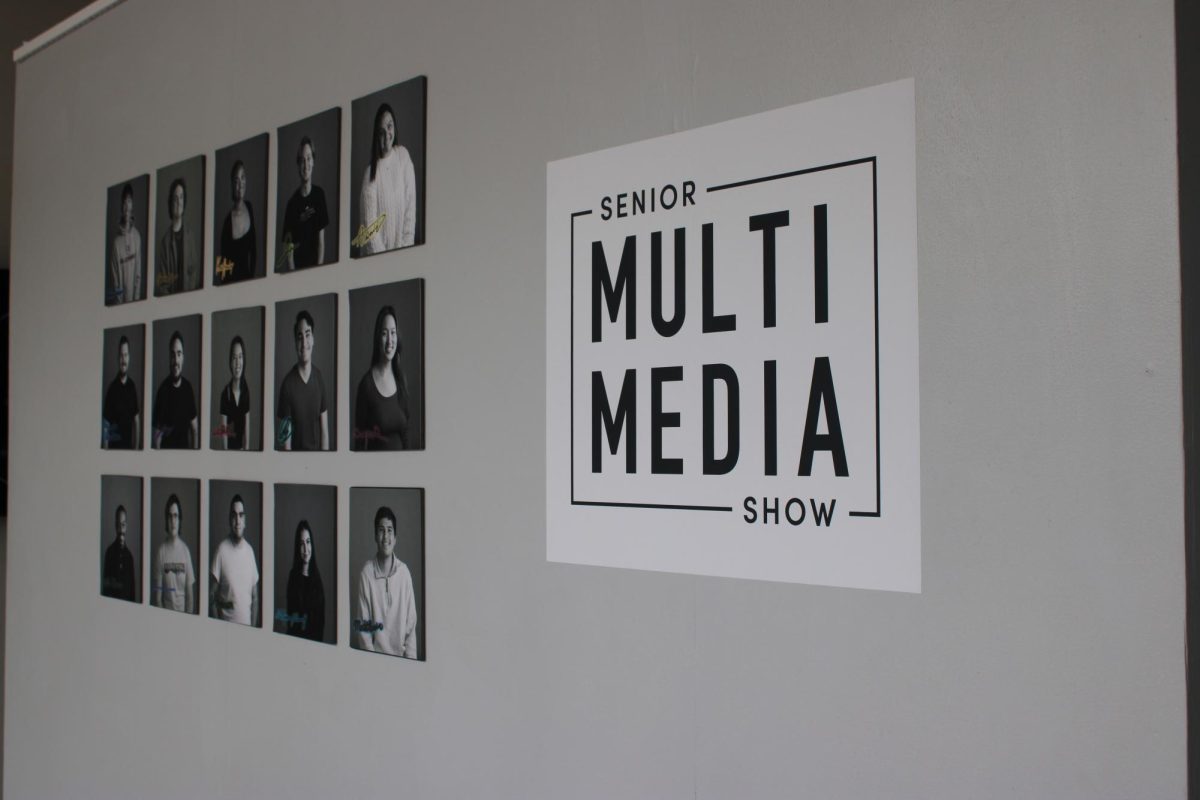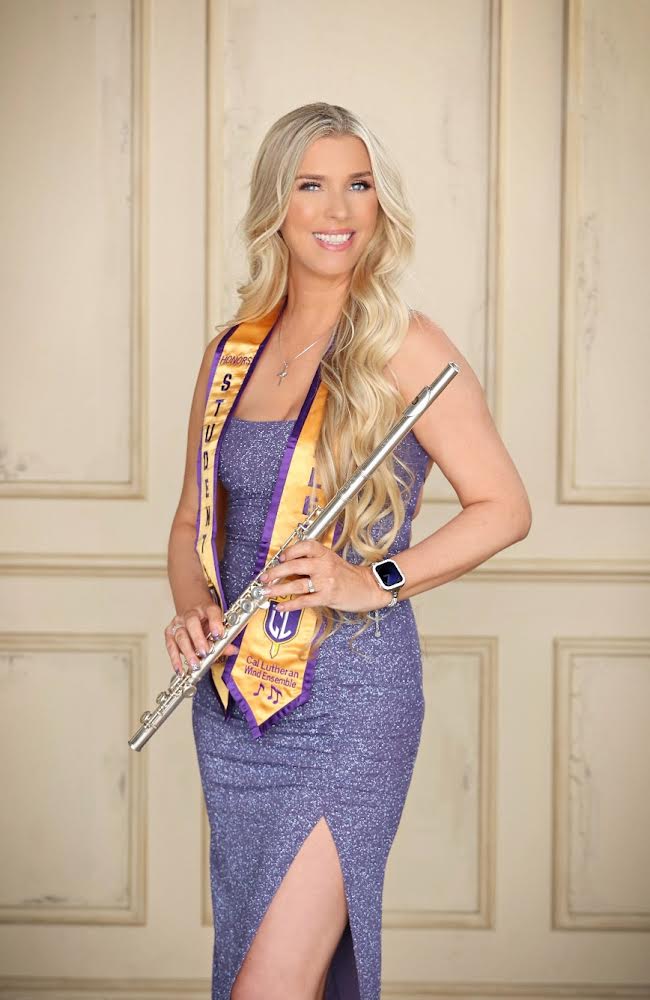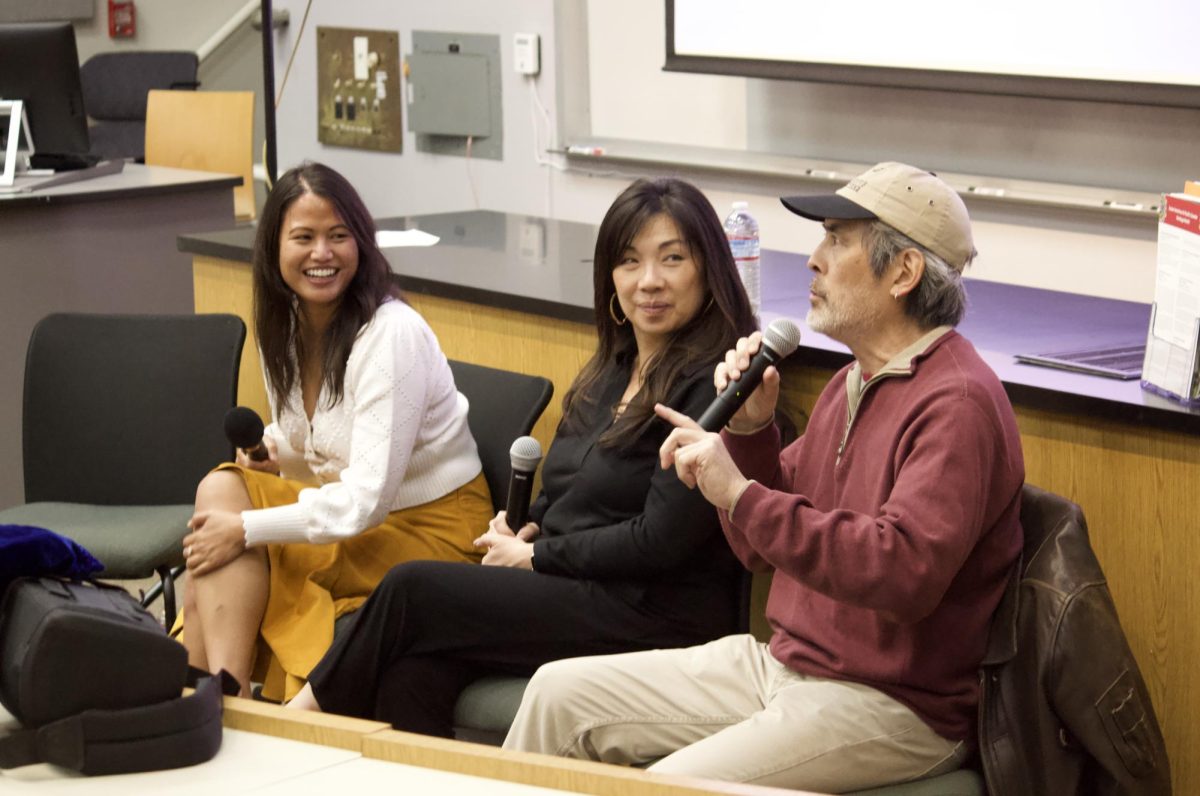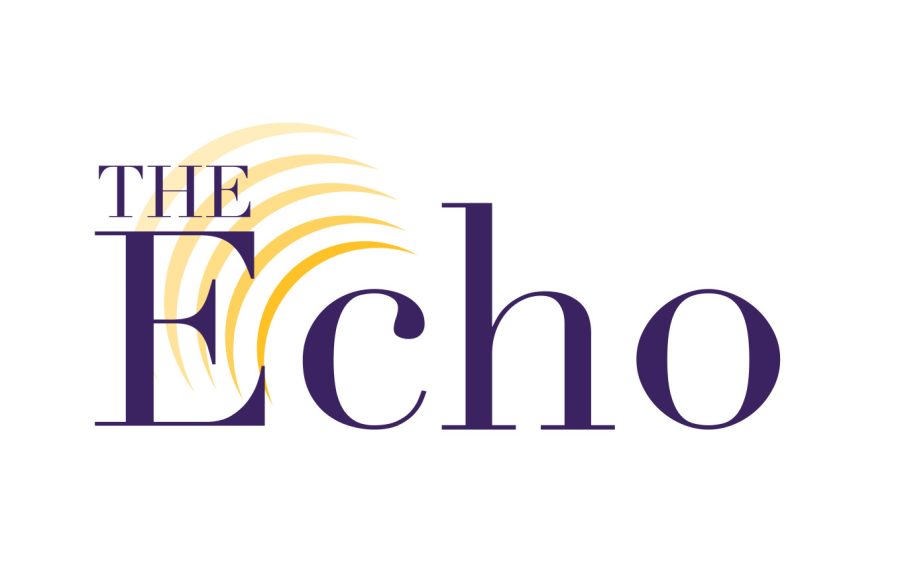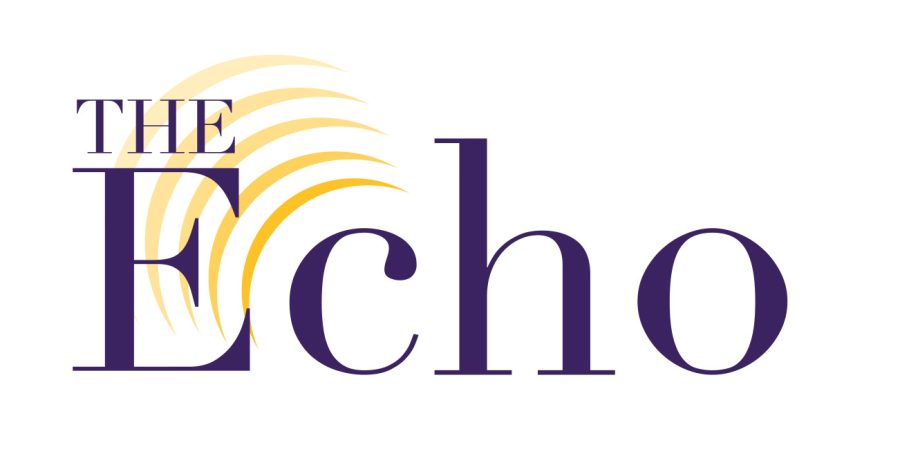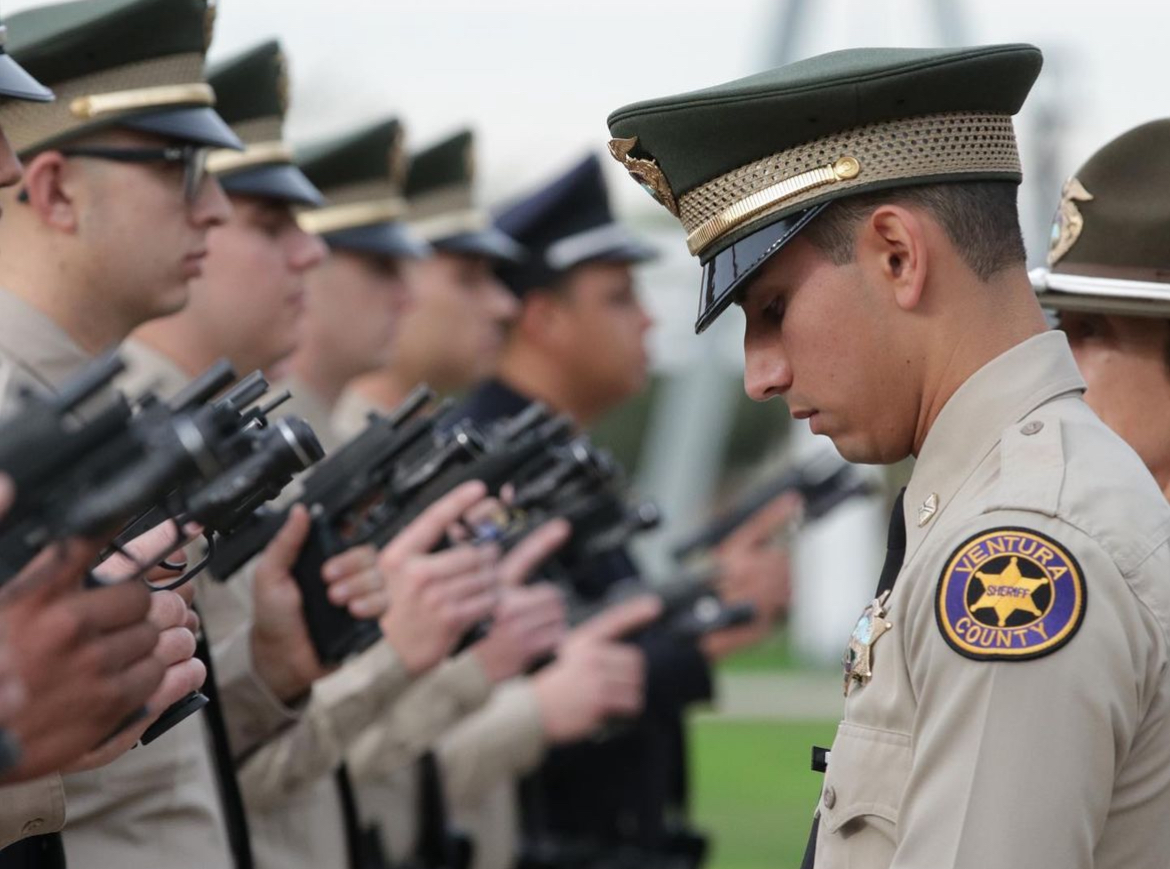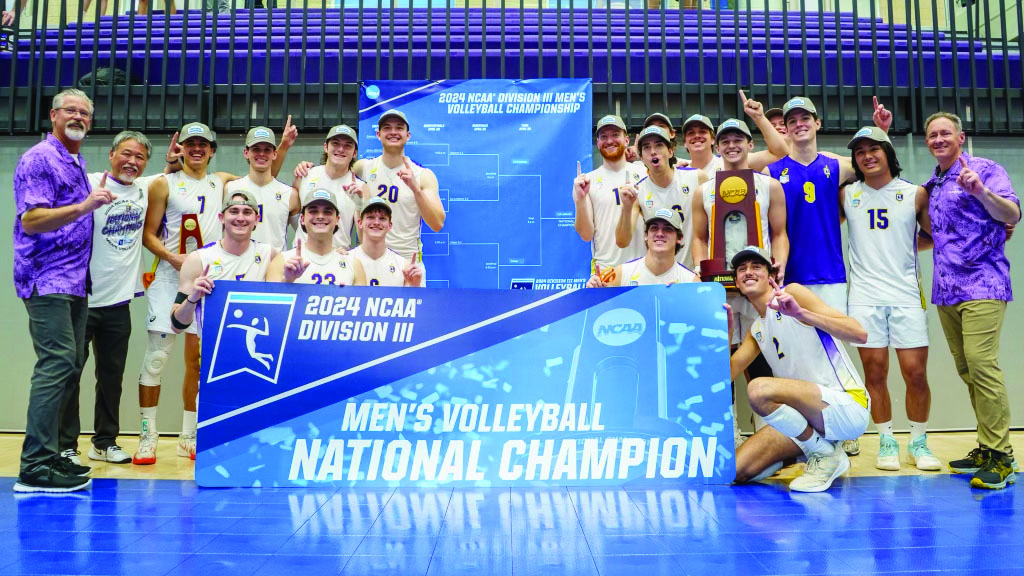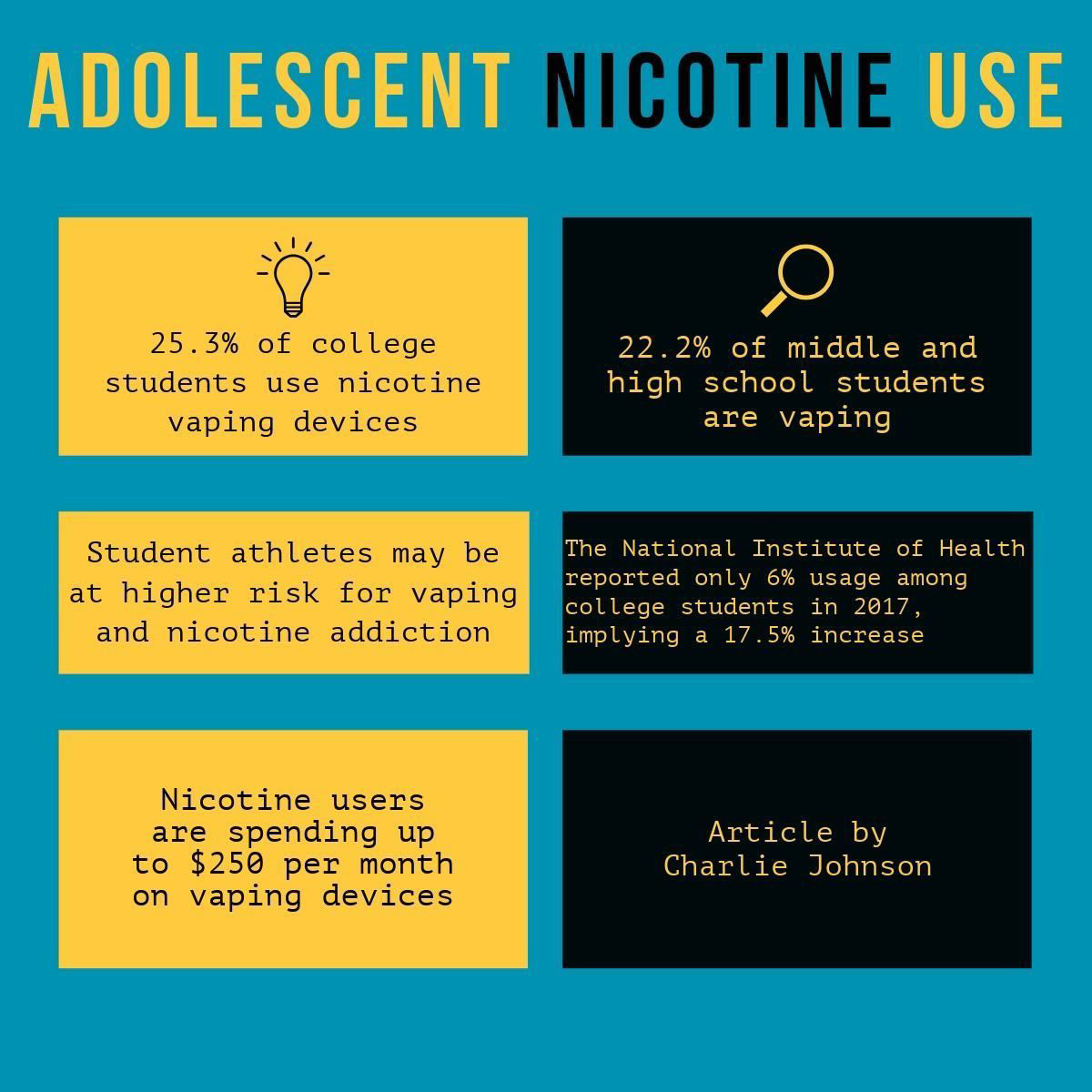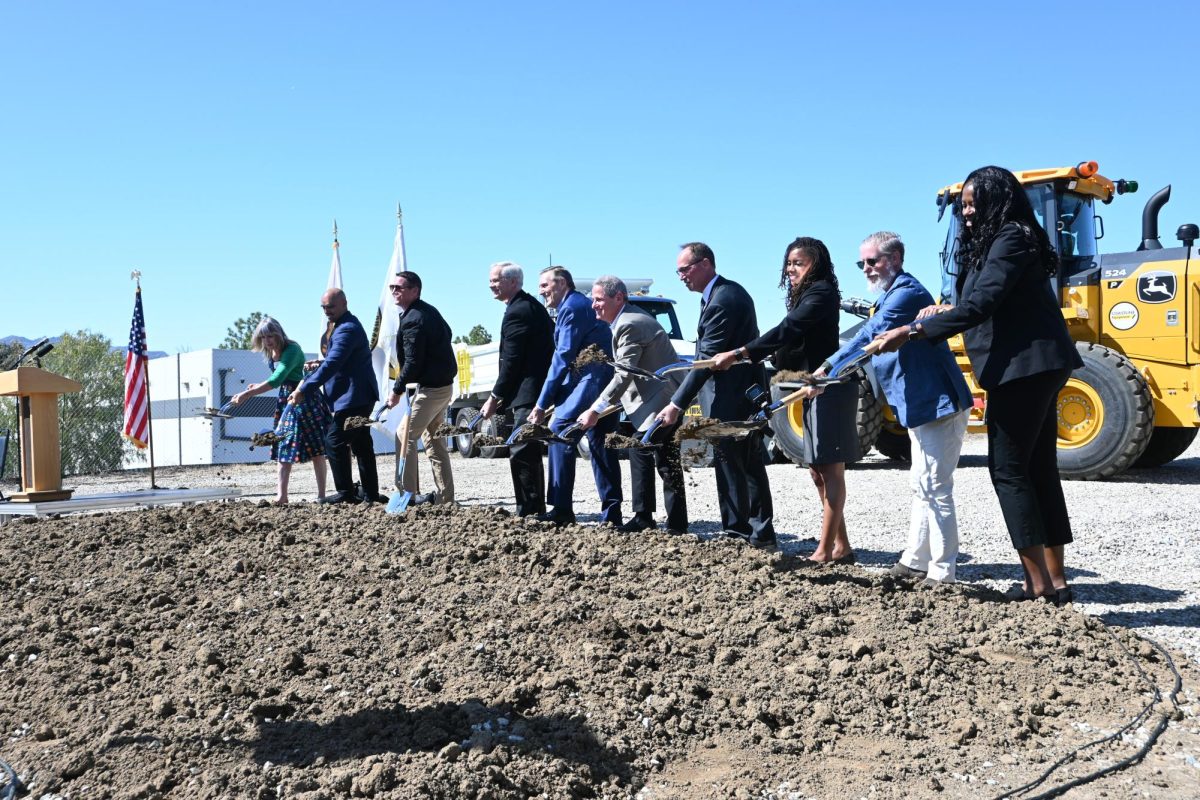On Tuesday, Feb. 20, California Lutheran University’s Film and Television Department hosted the first annual Black, Indigenous and People of Color Film and TV Summit with industry panelists in honor of Black History Month at 5 p.m. in Richter Hall.
Associate Professor and Chair of the Film and Television Department, John Fitch III kicked off the event by introducing the three guest panelists including their past and current positions.
Of the three panelists, Producer Ashley Gasper talked about how she is also an assistant director and production coordinator. Her credits include Sweetwater, Black-ish, Stuber and The Caine Mutiny Court-Martial.
“Growing up, for me ironically, I’ve never had the idea of ‘Hey! That person looks like me on TV. This is a cool job I can potentially have in the future.’ It wasn’t out of ignorance or anything like that,” Gasper said. “It was just something that didn’t really show up until I really started watching film and television and I realized there are certain ways in which African Americans in general are depicted in television.”
During her years in college, Gasper said that going to the movies to see indie and foreign films from different countries opened her eyes to diversity that was not typically seen in the U.S. film and television industry.
Entertainment Journalist Mariel Turner talked about her experience as an entertainment reporter, editor and host. She is the senior culture editor and a host at Shondaland.com where her work has appeared in Us Weekly, Yahoo! News, EBONY Magazine, The Grio, MSN, the LAist and more.
“Diversity is important because it gives the avenue for people to share their stories and for others people to view those stories and see that humanity in those groups that they might not often see, they may not have grown up in those environments… and this allows them to see in that space and see their humanity,” Turner said.
Emmy-Nominated Director Morenike Joela Evans talked about her experiences in the film and television industry as well. Her credits include Quantum Leap, Grey’s Anatomy, Act Your Age, Saturdays, iCarly, The Neighborhood, Legacies, That Girl Lay Lay, Guilty Party and Secrets of Sulphur Springs.
“The inspiring is not just in the stories that I’m telling but… just me being on set is sometimes inspiring people,” Evans said. “People do come to me and say ‘It’s great to see you in this space as a black woman, as a director’ and that I’m inspiring them.”
On Evans’ second episode of television she did in 2019, she said she was the only black person on set. When she went back to that show at the end of last year, she said it was completely diverse in all fields so it was huge but necessary to show the progression in diversity in this field.
Fitch also took the time to share the importance of having this panel routing back to his past before becoming an associate professor at California Lutheran University. He began his teaching career as an educator at a historically black college and university.
“When I got that job at Johnson C. Smith [University] in Charlotte, North Carolina, it changed my life. I was a minority for the first time in my life and it was profound,” Fitch said. “I’m really fortunate that I began my career that way and I think that is a form of my life in that sense.”
After the Q&A session between Fitch and the panelists, the last section of the event was opened up to attendees with the opportunity to ask questions to the panelists.
Some notable questions and topics that were discussed in this section included a discussion on what canceled show the panelists would pick to revive and continue working on, how their work can push confidence in viewers, the impact of AI currently and potential future, how to get through burnout, and the experience as a woman getting through the film and television industry.
When talking about their experience and breaking through in the industry as a woman all three panelists shared that confidence was a key aspect to hold themself in the male-dominated industry.
“I think another important part to being a woman in this industry is make sure you’re connecting with other women.” Turner said. “Make sure you’re empowering other women around you because they’re really the people that really champion you in the room to go to that next level or that next step.”
As a closing question to the panelists, Fitch asked the three women about how they see the future of the industry moving forward with challenges such as COVID-19, recent strikes, and differences in identity.
Evans discussed how she can only hope that the industry continues to move forward and advance in diversifying. She said there are a lot of good intentions for it, even with the uncertainty of change that comes with the industry.
“There’s going to be a lot of adversity. There’s going to be a lot of no’s. There’s going to be a lot of obstacles. But that’s why I say your passion is your purpose. There’s a reason why you were called to this,” Evans said.
Turner said she believes creators who are of color and in other marginalized groups in the industry will be able to push past and get content out there. In terms of the future, Turner also said it is important to have some knowledge of some skill sets in the digital and social space that can transfer into the film and television industry because the industry continues to grow into these platforms.
Turner said she would like to thank Fitch for making a space, not only for women in the industry but for women of color to speak about their experiences.
“That’s not something that we are often invited to do and so I really do appreciate him making that space for us to share our experiences across our various industries,” Turner said.
Gasper agreed with the other two panelists on the hopefulness in diversity growing. She said she leans more toward people joining her side of the industry because, in the indie sphere, the risk is not as high when telling their stories in comparison to major studios.
“A lot of buzz with the levels of uncertainty and potential for strikes, but don’t let it deter you and there’s always going to be an opportunity,” Gasper said.



